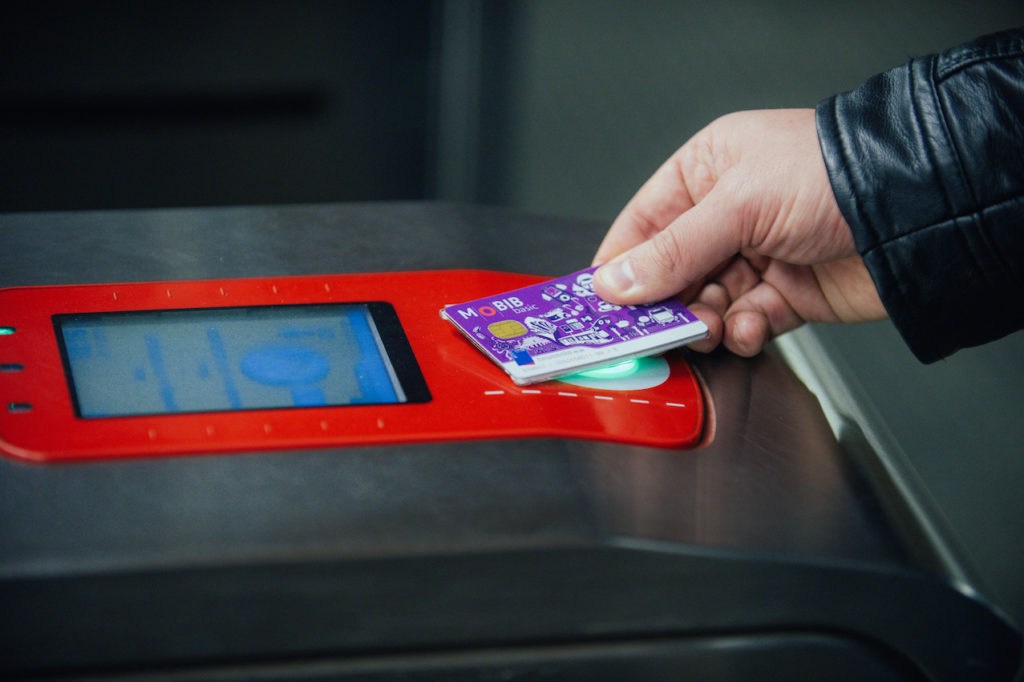The Belgian transport company STIB announced on Friday that it was laying off eleven staff members responsible for "knowingly and systematically bypassing the company's clocking system in order to avoid doing their job".
According to the management, it emerged that eleven so-called multimodal agents had repeatedly bypassed the company's clocking-in system in order to make it appear that they were present at their posts.
Various methods were used: clocking in by the agent who does not then go to his or her workstation; and clocking in by a third party (subordinate or colleague) who clocks in instead of the agent with the latter's badge. In none of these cases was the use of a copied fake badge found.
Suspicions of timekeeping fraud were recently reported in the press. The Société des Transports Intercommunaus Bruxellois then launched an in-depth internal investigation into the alleged facts. "The judicial investigation will have to look into this further," STIB said.
According to the management of the Brussels company, all the staff members involved in this fraud are members of the Service Unit Field Support multimodal agents. After computer checks and cross-checks, no similar incidents have been established in other departments to date.
The task of the multimodal agents is to assist customers on the network, to help them on their journey. Their task is also to check the functioning of the facilities and to report any incidents. In the event of events or disruptions on the network, the MMAs are called upon to manage the flows. On-site monitoring is carried out by area managers and local managers. Reporting and remote communication tools are also put in place.
"However, the relationship between employer and employee is also based on trust and respect for the values of STIB," commented the management.
Among the staff involved are managers as well as staff representatives. The redundancy procedure for protected staff has been activated at the labour court.
Better Monitoring Planned
STIB also said that the many projects underway in the department concerned include improving the planning and monitoring of field teams. New tools to facilitate the reporting of agents and to improve their control have just been delivered. They will be put into operation in the coming weeks. In addition, a generalized periodic control of clocking in and out will be systematized.
The reorganisation programme, which is also underway, provides for increased training for local managers. Leadership training is currently being provided and will be followed by other modules aimed at developing the managerial skills of supervisors.
In addition, independently of these events, STIB has undertaken the implementation of a security plan for its sites. A first workplace was equipped with a new access system that includes badges that cannot be copied or falsified. The deployment of this to all sites will be accelerated.
Saying it was "deeply shocked by such breaches of ethics and company rules, even if limited to a small number of staff", STIB believes this calls for tighter managerial control at a time when accountability should be the top value within the company.
"Nevertheless, the behaviour of some people should not reflect on all STIB employees, who have shown their dedication to the company and its customers during the health crisis," the management concluded.
The Brussels Times

